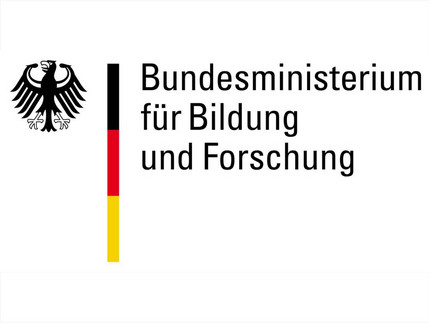Background:
Demographic change and digitization are key challenges facing companies. The manufacturing industry, in particular, is also severely affected by a shortage of skilled workers and a loss of experience-based knowledge. SMEs rarely have the resources and concrete training approaches to address these problems independently. The employment of older employees and the safeguarding of their experience can significantly contribute to meeting the demand for skilled workers. Resource-efficient solutions tailored to the needs of SMEs to implement further training independently, design age-appropriate work processes, and secure experience-based knowledge hold great potential in this respect. However, appropriate framework conditions must be created for this since the individualization of products places high demands on employees, particularly in the construction supply sector.
Main research question:
How can age-appropriate training be implemented with the help of virtual reality technologies, especially in the SME sector?
The main research question investigates:
- Possible applications for virtual reality technologies in age-appropriate continuing education.
- Barriers and enhancers of target group-specific continuing education in SMEs
- Current continuing education situation of SMEs in transitional areas in eastern Germany.
Research objective:
The research objective of API-KMU is to strengthen employees and SMEs through target-group-specific competence development and the safeguarding of experiential knowledge. To this end, the focus is on expanding employability and knowledge transfer. Four aspects are addressed: (1) strengthening self-directed and context-related learning through digital media, (2) designing MMI interfaces and technology assistance for older employees, (3) creating a work design conducive to learning and knowledge transfer for competence development and knowledge transfer, (4) age-appropriate work process design.
As a result, API SMEs first develop a process-oriented approach to further training geared to older employees' needs. The project goals enable SMEs to identify and address their training needs using appropriate methods independently. Secondly, the acquisition of competencies is supplemented by a virtual reality-supported, age-appropriate learning and tutoring system. The modular system includes prefabricated tutorials, learning modules, virtual learning spaces, and methods for designing them. This is rounded off by (upstream and downstream) methods for
- identifying technology and process potential,
- diagnosing continuing education needs and age structures,
- semi-individual design and implementation of continuing education measures, and
- management of continuing education, which are bundled in a toolbox.

